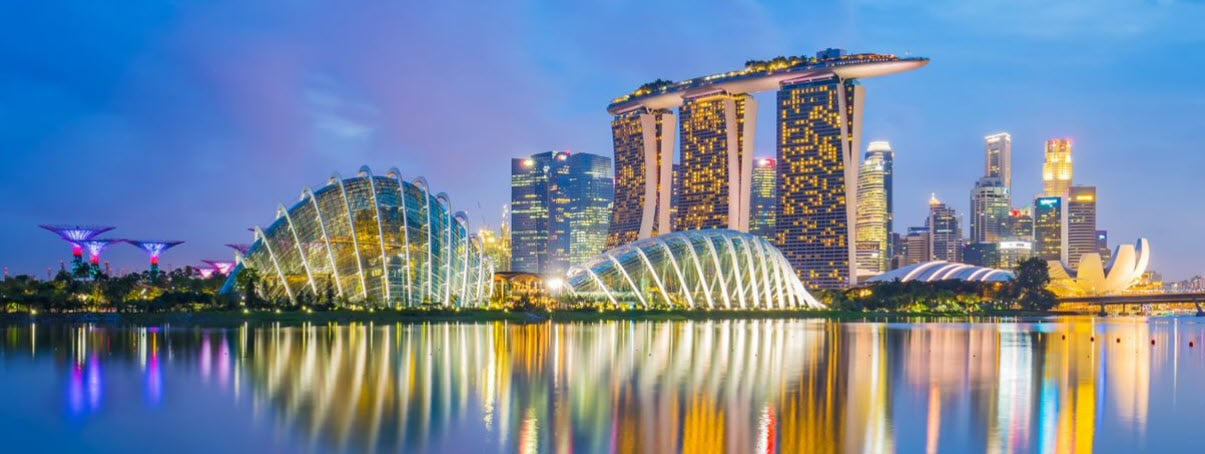
brief
On 26 July 2024, the Ministry of Energy and Water Transition (“Petra”) announced the launch of the Corporate Renewable Energy Supply Scheme (CRESS), scheduled to start in September 2024. The scheme aims to enhance corporate access to green electricity supply through an open grid access system, where third parties can supply or purchase electricity from the grid system at a predetermined system access fee.
The CRESS programme is part of the GREENS MADANI programme, the government’s programme to enhance renewable energy in niche sectors, and aims to support high priority energy transition aspirations.
content
- CRESS Framework
- General CRESS Participation Conditions
- Benefits and impacts of CRESS
- Observations
- Under CRESS, eligible renewable energy (RE) generators and corporate companies can arrange for green electricity supply through the existing supply system on mutually agreed terms.
- Companies can source renewable energy directly from identified renewable energy generators with third party access (TPA) by participating in the New Enhanced Dispatch Arrangement (NEDA) market, or through the TNB grid.
- The Energy Commission will oversee the CRESS program, while the Single Buyer (SB) and the Grid System Operator (GSO) will manage market and system operations, including access and dispatch.
- TNB will continue to play the role of a utility electricity provider, providing required electricity to corporate companies both during and outside the renewable energy supply period.
- CRESS is open to new renewable energy generators connected to the high voltage (HV) level of the grid, as well as new or existing TNB customers in the commercial and industrial categories seeking additional or new electricity supply needs.
- Renewable energy power plants and green consumers must be directly connected through the grid system.
- The connection limits are based on the results of the Power System Study (PSS).
- Renewable energy generators should produce a steady supply of electricity to ensure reliability and system stability, but they are able to provide non-steady output, but are subject to higher system access charges.
- Market liberalization: CRESS represents progress in energy market liberalization, reducing risks and costs in the country’s electricity supply system while providing developers with equal opportunities for healthy competition. As a result, the focus of future renewable energy development will shift from the usual PPA model to the CRESS program.
- Investment and job creation: CRESS is expected to generate more than RM10 billion in direct investments and create nearly 14,000 new jobs in the sustainable energy industry.
- Carbon reduction: CRESS aims to increase renewable energy capacity from the current 26% (10.6GW) to 40% by 2035 and 70% by 2050, reducing CO2 emissions by 701,000 tonnes per year.
Several questions remain surrounding this move, including:
- Is there a quota for participation? If so, what is the quota?
- How will the Energy Commission determine participation, such as first come first served or overall assessment?
- How is responsibility shared between renewable energy power plants, ground system operators and businesses?
Hopefully, the Energy Commission will be able to provide further clarification through new guidelines and brief meetings as the September 2024 implementation date approaches. Apparently, the system access fee will be predetermined (presumably by the Energy Commission), and hopefully not too high to ensure a healthy and competitive participation process in CRESS.
Overall, the CRESS programme represents a key step in Malaysia’s pursuit of sustainable energy and market liberalisation, underscoring the country’s commitment to adopting renewable energy and reducing carbon emissions.
Source: PETRA’s media statement titled “CRESS increases access to green electricity supply for Malaysian businesses” dated 26 July 2024
* * * * *
© 2024 Wong & Partners. All rights reserved. Wong & Partners, a member of Baker & McKenzie International. This may be considered “attorney advertising” requiring notice in some jurisdictions. Prior results do not guarantee similar results.



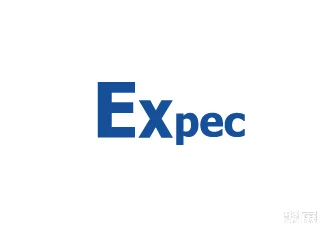

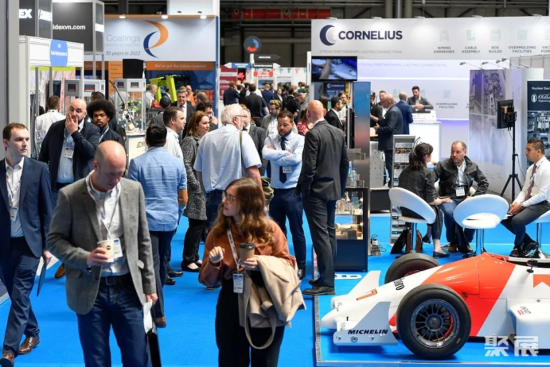
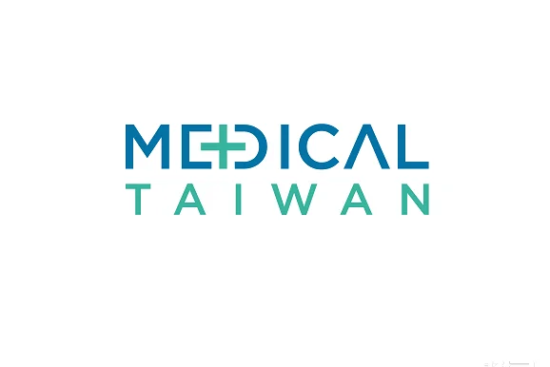
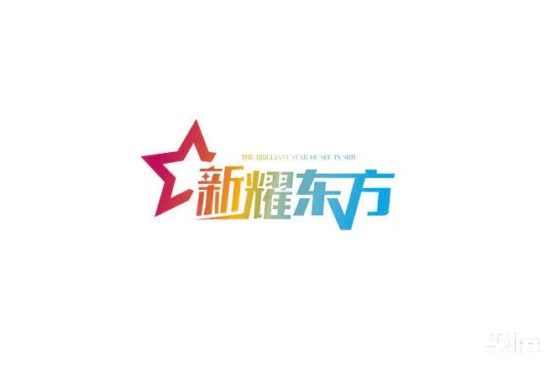
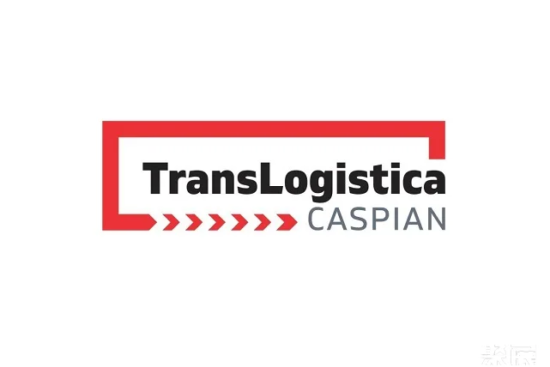


Leave a Reply Cancel reply
You must be logged in to post a comment.